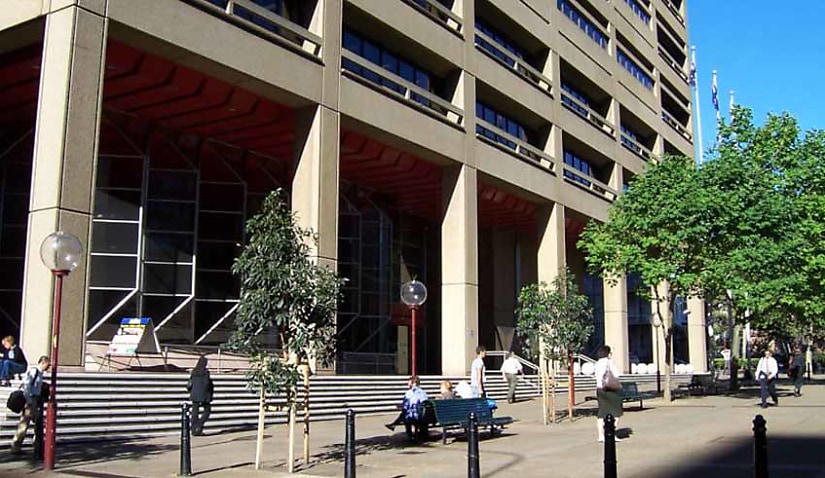Powered by MOMENTUM MEDIA
A business owner who spent over $250,000 on his children and holiday expenses over six months asked a court for pro bono help.

Despite directing “substantial sums” into his businesses, an income fund, personal repayments and a holiday in six months, the director of two businesses with at least 60 employees has asked the NSW Supreme Court for legal assistance ahead of his mid-February appeal.
While Justice Richard McHugh accepted the director’s financial position had “deteriorated” since the trial and he had about $8 million in liabilities – compared to $4.8 million in current assets – he was not persuaded to make the order for a referral for pro bono help.
“What is clear is that the appellant has directed very substantial sums through his accounts in the recent past,” Justice McHugh said.
“He chose to direct $1.4 million into his businesses in the hope that they will survive and have value in the future. He spent large sums on his family and a holiday. If he has exhausted his financial resources, that is the result of the choices he has made.”
Justice McHugh took a neutral stance on the merits of the appeal but did find reasons against the referral due to concerns of a delay.
He said it was likely the pro bono referral would “not be an attractive brief” because of the short time span a lawyer would have to prepare.
According to Legal Aid NSW’s income test, to be eligible for pro bono legal help, a single-person household must make at most $60,160 a year, a couple-only household’s threshold is $71,000, and a couple with children household must not make over $102,890.
An applicant must also have cash assets less than $10,000.
In coming to his decision, Justice McHugh referred to Justice Anna Mitchelmore’s decision in Allchin v Hunter Water Corporation, in which she said pro bono assistance “is a valuable and scarce resource, dependent on the good will of members of the legal profession, which should not be lightly dissipated”.
In an affidavit last June, the director revealed he sold shares in a company for over $6.8 million, and most of that was directed to discharging liabilities that may be described as non-discretionary.
Of the remaining money, the $1.4 million went into his businesses – with shares of a “nil value”, he said –a further $200,000 was invested in an income fund, $101,000 went to mortgage repayments, $60,000 for car hire purchase repayments, and $75,000 to credit card repayments.
About $258,000 was saved for other expenses, including the holiday and making payments to his children for living expenses.
According to an October affidavit, the credit card liability substantially increased, repayments were made to the Australian Taxation Office, and over $39,000 was spent on legal fees.
On calculations provided to the court, the director’s assets declined from around $5 million in June to $4.8 million in October.
In that same time, his liabilities increase from $4.8 million to over $5 million, plus the judgment debt of about $3 million.
Justice McHugh accepted this would keep deteriorating because of living expenses, but he said the director was in the “somewhat unusual” position of continuing to discharge his duties as the owner of a company that operates across two countries.
Given the demands of running the business, the director said it has become “extremely challenging” to dedicate time to his appeal.
“In other words, the appellant is in effect asking for a lawyer to act for him without fee in order that he can continue to run a substantial business,” Justice McHugh said.
While the director submitted the appeal involves “complex questions of law” and “intricate questions regarding professional conduct obligations and the administration of justice”, Justice McHugh said it was a “relatively straightforward” commercial case.
He added the director is “intelligent and articulate” and seemed “better equipped” to conduct the appeal without legal assistance than many of the self-represented litigants who go before the court.
“But as to his capacity to obtain legal assistance outside the pro bono scheme, given the nature of his spending last year and the absence of any current or specific evidence, I am not satisfied that he has no capacity at all to obtain paid representation, for example, by retaining a keen junior barrister to conduct the appeal,” Justice McHugh said.
The case is Jeffreys v Sheer [2025] NSWCA 6 (5 February 2025).

Naomi Neilson is a senior journalist with a focus on court reporting for Lawyers Weekly.
You can email Naomi at: